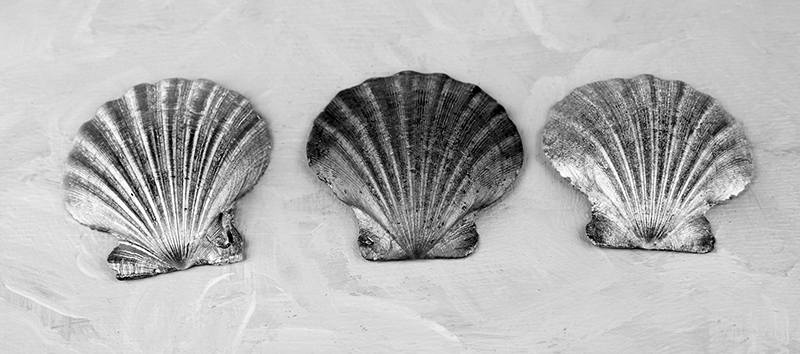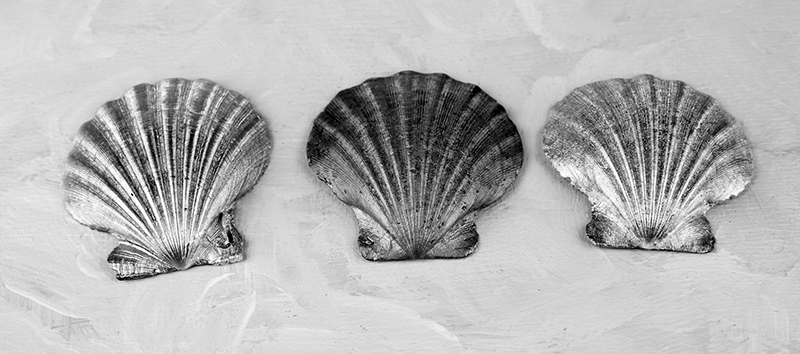It’s one of Hollywood’s greatest mysteries…or at least one of the grossest.
In the 1993 action movie, Demolition Man, Sylvester Stallone plays John Spartan, a grizzled cop living in a nightmarish Los Angeles plagued by gang violence. After being framed for a crime he didn’t commit, he’s placed in a cryogenic prison, is thawed out 36 years later, and discovers L.A. has been turned into a peaceful utopia called San Angeles.
Spartan gets frustrated with bizarre, futuristic technology, even in a precinct bathroom. Instead of toilet paper, the bathroom has a shelf with three seashells. He has no idea how they work, and the other officers just laugh at him. (Making matters worse, the only restaurant still open in San Angeles is Taco Bell.) Understandably irked, Spartan stomps to a nearby ticket machine and begins muttering obscenities. After gathering a handful of paper tickets—swearing is illegal in the future—he triumphantly returns to the bathroom with this makeshift TP.
Demolition Man has since become a cult hit, in part because of the seashells bit. Fans have speculated wildly online about they might be used, prompting Stallone to weigh in on the matter in 2006 in an interview with the film website Ain’t It Cool News. Stallone says that while the film was shooting, he was just as confused as his character about the seashells, and asked the screenwriter, Daniel Waters, for an explanation. Here’s what Stallone was told:
In San Angeles, people no longer use toilet paper. They consider it barbaric. Instead, they rely on sets of three seashells. After using two of them to yank poop out of their bottoms ala chopsticks, they use the third to scrape away any remaining doodie. Once they’re all cleaned up, they flush the seashells down the toilet.
In more recent interviews, Waters has also revealed that he came up with the idea after calling a friend on the phone for help with the gag while he was working on Demolition Man’s screenplay. The friend was sitting on a toilet at the time and spotted three decorative seashells sitting nearby. The rest is history









